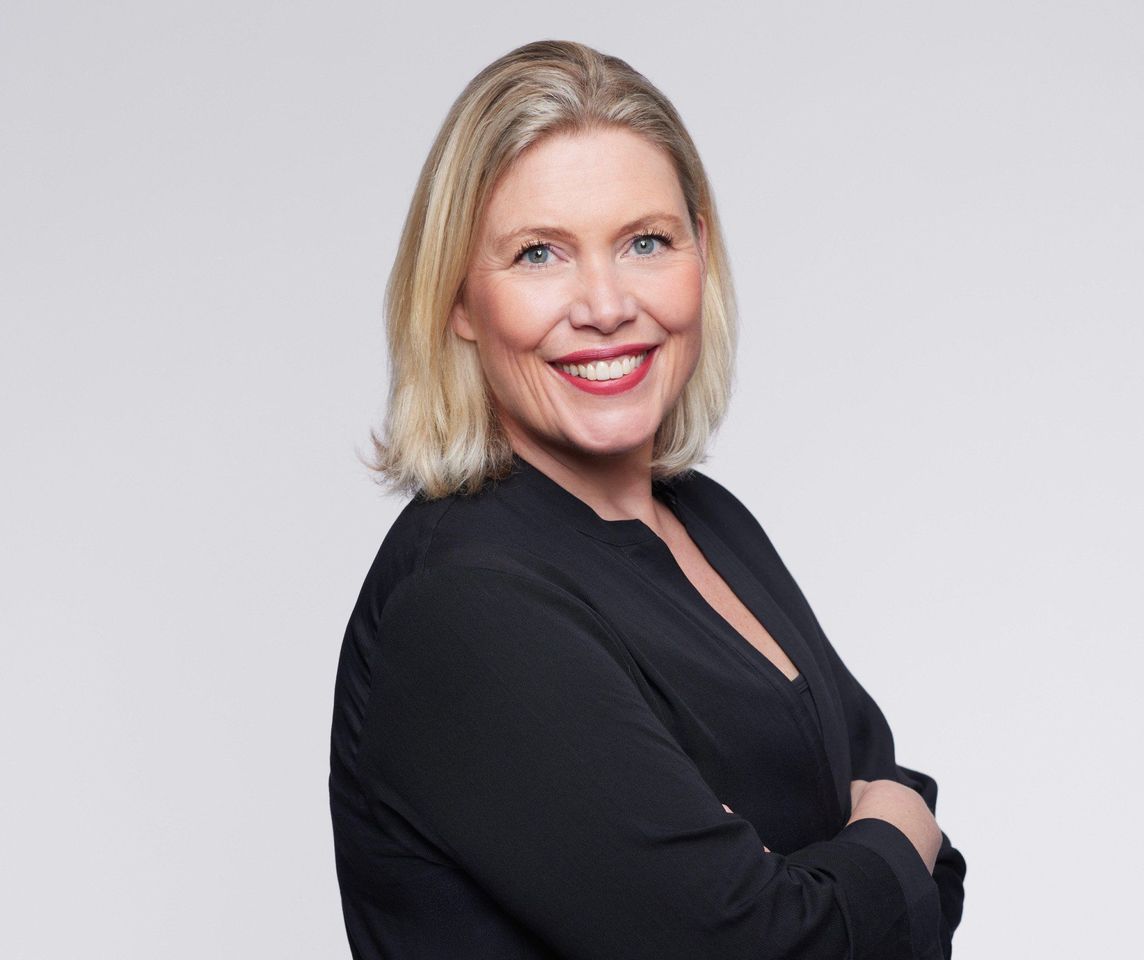Hong Kong News

Hong Kong femtech founders fight taboos, stigma, investor disinterest
Four years ago, when Dr Choi Pui-wah went to meet the first batch of potential investors to apply for seed funding for her femtech start-up, male investors showed no interest.
Her product, a sanitary pad that can test for cervical cancer, is meant to replace the Pap smear, an invasive procedure that involves inserting a tool into the vagina, deterring women who are more conservative.
“I heard feedback from male investors that doing a Pap smear is no big deal, that it is not that uncomfortable,” Choi said. “They think my invention is not urgently needed.”
Sex toys, sanitary pads, subscription services for birth control pills and wearable devices tracking menopause are all examples of femtech offerings – technology designed to improve women’s lives.
 Dr Choi Pui-wah, scientist and founder of WomenX.
Dr Choi Pui-wah, scientist and founder of WomenX.
One of the world’s fastest-growing industries, femtech will be worth US$68.9 billion (HK$540 billion) in 2027, industry analysts say.
In Hong Kong, a group of entrepreneurs is pushing through institutional barriers and cultural taboos to pioneer the city’s femtech scene. However, compared to the rest of Asia, Hong Kong lags behind.
In Southeast Asia, the femtech scene has seen an explosion in the past three years, according to Fermata, an industry tracker publishing an annual regional market map since 2020.
The number of femtech companies in Southeast Asia increased by 70 per cent from 41 in 2021 to 71 in 2022. As of 2022, Fermata tracked 33 companies in Singapore and 11 in Malaysia, compared to only four in Hong Kong.
Societal shifts in Singapore, boosted by the government’s White Paper on Women’s Development in 2020, brought conversations about women’s health and wellness to the forefront.
Lindsay Davis, the founder of the Femtech Association of Asia, said that the scene in Singapore started booming that same year, and the nation quickly established itself as the femtech hub of Asia.
“There’s a lot of government involvement,” Davis said. “It’s where people gather when they want to set up a femtech business. It’s founder-friendly and there’s demand.”
While the femtech scene in Hong Kong is picking up pace, gender bias, low visibility and stigma are among the reasons femtech founders say the industry in Hong Kong is not growing to its full potential.
One main factor is that women’s health is not a priority for investors, especially in companies where the board is mostly men.
“There are other crises they are looking to solve first, and no one is looking at women’s health as a national problem,” said Francesca Geary-Stingl, the Singapore director of Fermata.
Femtech start-ups have the burden of proving to investors that the problems they are trying to solve, like period pain, are worth investing in, which can be problematic because of insufficient data on women’s health.
 Maaike Steinebach, former general manager of Visa in Hong Kong, quit her
job to start FemTechFuture to grow the local Femtech scene.
Maaike Steinebach, former general manager of Visa in Hong Kong, quit her
job to start FemTechFuture to grow the local Femtech scene.
“Traditionally, a lot of the venture capital [firms] have been very male-dominated, without a lot of experience in female healthcare,” said Maaike Steinebach, a femtech investor and one of the founders of Women in Tech APAC.
“It’s one thing to have companies come out of the woodwork with great ideas, but we also need the investors to not call the menopause market a niche market. It actually affects more than 1 billion women.”
While funding for female entrepreneurs has been a long-term issue, a March report by JP Morgan on female-led businesses in APAC showed cause for optimism: women-powered businesses attracted US$41 million per round of funding in 2021, a fourfold increase from US$10 million per round in 2017.
Still, out of the region’s 15,000 high-growth companies, fewer than 6 per cent were led by women.
In 2022, the global femtech market accounted for US$37.39 billion, according to a report by the Business Research Company. The market is expected to chart 15 per cent compound annual growth to hit US$68.9 billion in 2027.
 Yoona Min, founder of Yverest.
Yoona Min, founder of Yverest.
The research firm has mapped more than 1,800 femtech companies in over 75 countries, compared to 470 in 2015.
But founders still find plenty of challenges in their way.
Yoona Min, founder of Hong Kong’s first home-grown female sex-toy brand, Yverest, said no one really knew what femtech was when she started in 2020. Due to the nature of her products, she was unable to place advertisements on social media, hindering outreach.
“My goal of starting a femtech company focusing on sexual wellness is not just for business, but to change the perception of this new-found industry,” she said. “That’s the hard part, because no one else in Hong Kong has really done it before.”
Dr Choi of Women X has struggled to find female scientists to join her team, which she believes would help the male scientists she has hired.
“It’s very hard for male scientists to understand the special designs and materials required for a sanitary pad,” Choi said. “I’ve been searching for several years and I just couldn’t find anyone.”
The current scene in Hong Kong remains fragmented, with individual female entrepreneurs trying to set up their own businesses without proper mentorship or community support.
That is why Steinebach, the former general manager of Visa in Hong Kong, decided to leave her post after four years to set up her own company, FemTechFuture, to grow the burgeoning scene.
On top of being an adviser investing in femtech companies, the 52-year-old aims to educate investors, venture-capital funds, family offices and philanthropy organizations on why investing in femtech and women’s health is good for the economy.
Despite difficulties, founders remain optimistic about Hong Kong’s market potential, as the cosmopolitan city is more open than some other cultures in Asia to breaking taboos.
“The pandemic caused a boom in the sex toy industry,” said Min of Yverest. “Now there are more conversations surrounding female wellness and more women are talking about it.”
Looking ahead, Steinebach sees potential for femtech to explore how the Web3 space can support better healthcare solutions, especially when the sector is an area of development for the local government.
“Using gamification for sex education, and teaching people about consent, for example, Hong Kong can be at the forefront of shaping the thinking about physical, mental and sexual well-being in Web3,” she said.
Despite a slow start in Hong Kong, femtech ventures have massive opportunities to close the gap between supply and demand.
“2023 is the year for Femtech,” Steinebach said. “I do feel there is some really good momentum. It’s still very hard for companies around the world, particularly in Asia, to get funding. But it is a really big business opportunity to invest in. Asia is lagging behind, but it’s going to catch up very, very quickly.”











